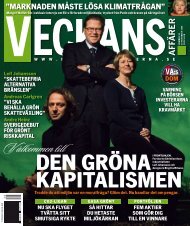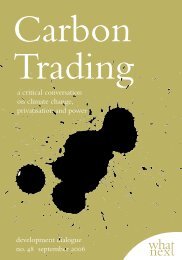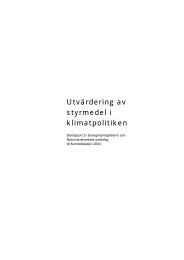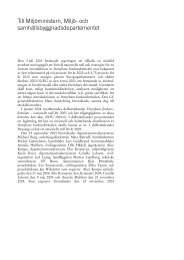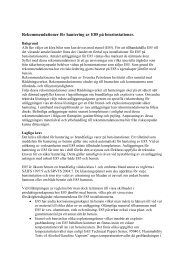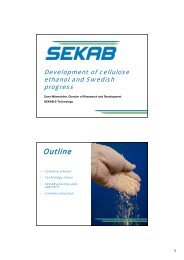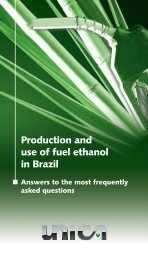Sugarcane ethanol: Contributions to climate change - BAFF
Sugarcane ethanol: Contributions to climate change - BAFF
Sugarcane ethanol: Contributions to climate change - BAFF
Create successful ePaper yourself
Turn your PDF publications into a flip-book with our unique Google optimized e-Paper software.
Chapter 5<br />
Environmental sustainability of sugarcane <strong>ethanol</strong> in Brazil<br />
Weber Antônio Neves do Amaral, João Paulo Marinho, Rudy Tarasantchi, Augus<strong>to</strong> Beber and<br />
Eduardo Giuliani<br />
1. Introduction<br />
Brazil’s economy is performing well during the last few year reaching international<br />
investment grade levels, while at the same time providing quanti�able reductions of<br />
greenhouse gases, specially through its renewable energy matrix and the large scale use<br />
of <strong>ethanol</strong> in transportation. It is well-known that the quality of life in the world increases<br />
with economic growth, which increases demand for energy (Figure 1). If one considers the<br />
externalities created by burning fossil fuels, then economic growth becomes a major threat<br />
<strong>to</strong> the global well being; reinforcing the need <strong>to</strong> explore alternatives <strong>to</strong> improve the e�ciency<br />
of energy use and diversi�cation of energy sources, and especially from renewable ones.<br />
Brazil’s commitment <strong>to</strong> sustainability in the agribusiness for example can be assessed by<br />
concrete examples such as the development and implemental of stringent legal environmental<br />
frameworks, agricultural zoning, massive investments in research and development and<br />
rural social policies, being the <strong>ethanol</strong> business a good example from which best practices<br />
could be disseminated.<br />
�e bene�ts of the production and use of <strong>ethanol</strong> in Brazil can also serve as a platform and<br />
model for further acceptance and deployment of renewable sources of biomass as feeds<strong>to</strong>ck<br />
for sustainable production of biofuels in the World. However there are several drivers that<br />
currently a�ect the supply and demand for biofuels and their sustainable production: land<br />
use <strong>change</strong>s, environmental concerns, competition with other sources of energy, food<br />
security, agricultural subsidies, innovation and technological development, public policies,<br />
oil prices, energy security policies, etc.<br />
�e Proalcool program (the Brazilian program for the production of <strong>ethanol</strong>) started in 1975,<br />
33 years ago, is a good example of a pro-active public policy supporting the development of<br />
biofuels with a focus on sugarcane <strong>ethanol</strong>. It made Brazil the second largest producer of<br />
<strong>ethanol</strong> (expected production of 23 billion liters in 2008), with the lowest production costs<br />
in the World (US$ 0.22/l – Table 1).<br />
<strong>Sugarcane</strong> <strong>ethanol</strong> 113



